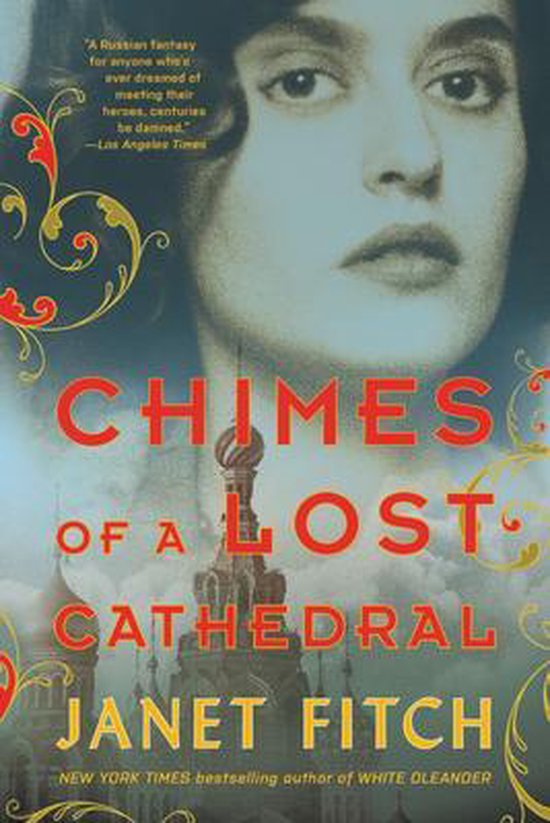

My protagonist, Marina Makarova, is a young poet the same age as the century, fiery and headstrong with an enormous love of life. To those major impulses, add a third-my love of poetry and admiration for its practitioners. My newest novel is the story of one girl's coming of age during one of the most turbulent historical upheavals in the modern epoch. I fiercely admire the strength young women bring to their search for self.

I'm fascinated by how the decisions a young girl makes, the actions she takes based upon the conclusions she draws, create the woman she becomes. No one who knows me well was at all surprised to hear I was writing a historical novel set during the Russian Revolution.Īnd if you've read one of my earlier books, you know that the inner lives and moral development of women is my great obsession. I majored in history, Russian was my language. I'm one of those people Elif Batuman described in her book The Possessed: People Obsessed with Russian Literature. But as Toni Morrison once advised writers: “If there's a book that you want to read, but it hasn't been written yet, then you must write it.” If you know me from my first two books, White Oleander and Paint It Black, both set in my home town of Los Angeles, you might be surprised to see a book set during the Russian Revolution. This is where I've been for the last decade-working on one novel, The Revolution of Marina M.

Her novel WHITE OLEANDER was an Oprah Book Club pick and made into a motion picture.

Her last novel PAINT IT BLACK was made into a feature film, available on NETFLIX. and CHIMES OF A LOST CATHEDRAL paint a portrait of a young poet coming of age during the Russian Revolution. Her current novels, THE REVOLUTION OF MARINA M. Of course, my conception of being a writer was to wear a cape and have Adventures." She has acquired a couple of capes since then, and a few adventures. "I wanted to Live, not spend my life in a library. But when she won a student exchange to Keele University in England, where her passion for Russian history led her, she awoke in the middle of the night on her twenty-first birthday with the revelation she wanted to write fiction. As an undergraduate at Reed College, Fitch had decided to become an historian, attracted to its powerful narratives, the scope of events, the colossal personalities, and the potency and breadth of its themes. Janet Fitch was born in Los Angeles, a third-generation native, and grew up in a family of voracious readers.


 0 kommentar(er)
0 kommentar(er)
